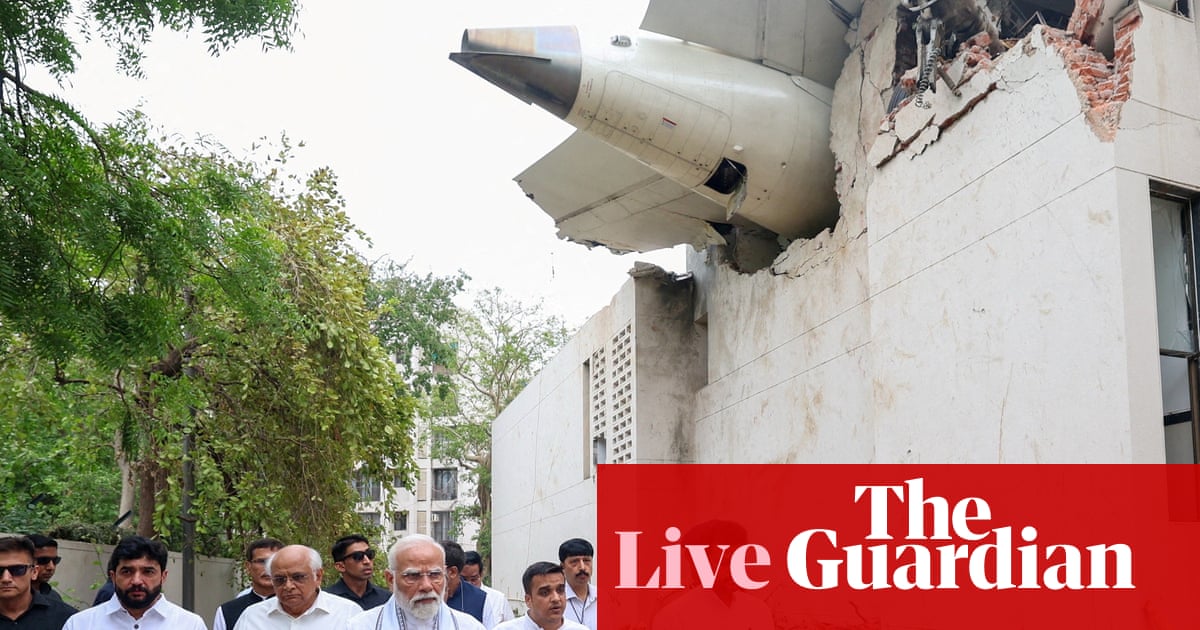LittleInch
Petroleum
A full 787-8 has crashed shortly after take off in ahmedabad.
Basically barely got off the ground then look like its trying to land in this video.

 www.theguardian.com
www.theguardian.com
Specualtion that they pulled flaps up instead of gear up and basically didn't have enough lift so it looks like a gentle stall right into a built up area.
Looks to be flaps up, slats/ nose flaps down and gear down which is very odd.
Basically barely got off the ground then look like its trying to land in this video.

Air India ordered to carry out ‘additional maintenance actions’ on Boeing 787-8/9 fleet – as it happened
India’s ministry of civil aviation orders airline to carry out safety inspections on fleet with GE Aerospace GEnx engines after crash of flight 171
Specualtion that they pulled flaps up instead of gear up and basically didn't have enough lift so it looks like a gentle stall right into a built up area.
Looks to be flaps up, slats/ nose flaps down and gear down which is very odd.
Last edited:
